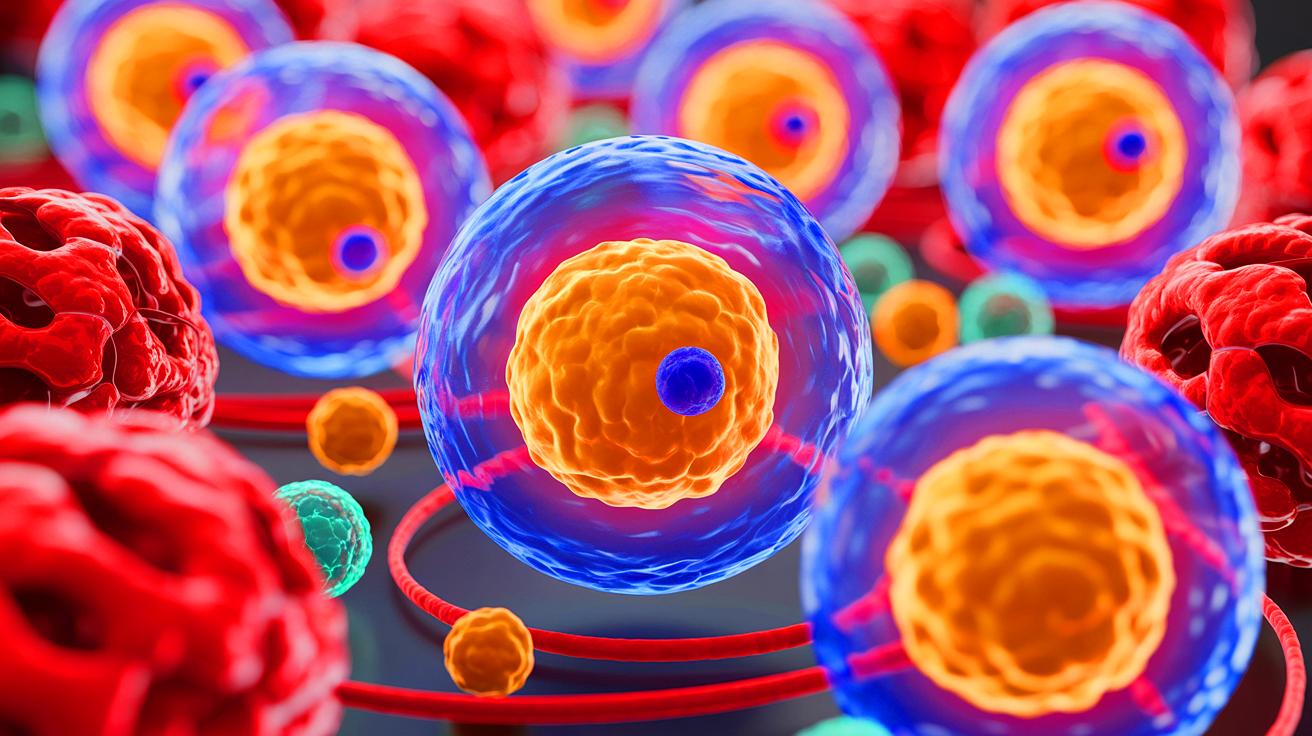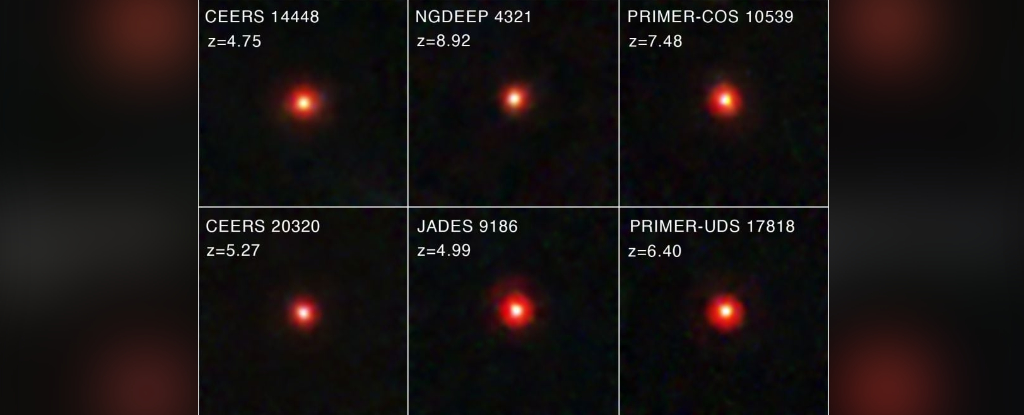Sneaky scientists: hidden AI prompts found in papers Boing Boing Researchers are using AI for peer reviews — and finding ways to cheat it The Washington Post Scientists reportedly hiding AI text prompts in academic papers to receive positive peer reviews The Guardian Some Researchers Are Hiding Secret Messages in Their Papers, but They’re Not Meant for Humans Smithsonian Magazine Sneaky stuff Komando.com Source link
Read More »Science
New Discovery Reveals Human Eggs Can Remain Viable for Decades Thanks to a Cellular ‘Spring Cleaning’ Survival Mechanism
IN A NUTSHELL 🧬 Human eggs utilize a minimalist strategy to remain viable for decades, preserving their integrity. 🔍 Recent research reveals that eggs conserve energy by slowing down internal processes, minimizing damage. 💡 Findings could revolutionize fertility treatments like IVF, suggesting a shift in metabolic strategies. 🔬 The study, published in The EMBO Journal, opens new avenues for understanding …
Read More »Physicist, 90, joins experimental trial to challenge age limits – Longevity.Technology
Physicist, 90, joins experimental trial to challenge age limits Longevity.Technology Source link
Read More »LIGO Detects Black Hole Smashup So Extreme It’s Bending Einstein’s Rules – SciTechDaily
LIGO Detects Black Hole Smashup So Extreme It’s Bending Einstein’s Rules SciTechDaily Heaviest Black Hole Merger Flouts a Forbidden Gap American Physical Society Astronomers detect most massive black hole collision to date CNN Scientists Found a Black Hole That Shouldn’t Exist. Now Physics Has a Problem. Popular Mechanics Physicists detect largest-ever merger of 2 black holes equal in size to 240 suns USA Today Source …
Read More »The Catastrophic Near-Extinction Event That Almost Erased Humanity 1 Million Years Ago
A new study published in Science reveals a startling chapter in human history. Around one million years ago, humanity was nearly wiped out. According to the research, our ancestors were reduced to just 1,280 individuals, leaving us on the brink of extinction. This genetic bottleneck, lasting over 100,000 years, changed the course of human evolution in profound ways, shaping the …
Read More »We Might Have Been Wrong About Where Spiders Came From
Technically speaking, every living thing on Earth can trace its origins to the sea. Some of these earliest creatures crawled onto land, evolving to become many different kinds of animals and insects—including, scientists believed for a long time, spiders and their relatives. A new study published today in Current Biology challenges the popular conception that spiders first emerged on land, …
Read More »Penn State Student Solved a 100-Year-Old Math Problem That Could Transform Wind Energy Forever
A breakthrough by Penn State student Divya Tyagi has brought new life to a century-old mathematical problem, offering a fresh solution with major implications for wind turbine design and renewable energy. Tyagi, a graduate student in aerospace engineering, has refined an equation originally introduced by British aerodynamicist Hermann Glauert, which could reshape the future of wind energy. Revamping a 100-Year-Old …
Read More »Missing A Tooth? Scientists Develop New Drug that Regrows Teeth
If you’re one of the millions of people who have a gaping space in your gums where a tooth used to be, there’s reason to hope you might not have to spend the rest of your days with an uneven smile or fake teeth. Scientists in Japan have announced that they are moving forward with a drug that is capable …
Read More »Mysterious Red Dots in Early Universe Could Be Seeds of Supermassive Stars : ScienceAlert
When the JWST began science observations in July 2022, it flung open a whole new window on the Universe. The JWST looked further back in time than any other telescope, and it revealed several surprises. One of them was the Little Red Dots (LRD); ancient, faint objects that the powerful space telescope detected as far back as only 600 million …
Read More »Its Origins Are More Alarming Than Expected
A recent study published in Geophysical Research Letters has uncovered new insights into one of Earth’s most puzzling anomalies—a massive gravity hole beneath the Indian Ocean. The phenomenon, known as the Indian Ocean Geoid Low (IOGL), has baffled scientists for years. This anomaly causes the ocean’s surface to dip 106 meters lower than the surrounding areas, with gravity weaker here …
Read More »





